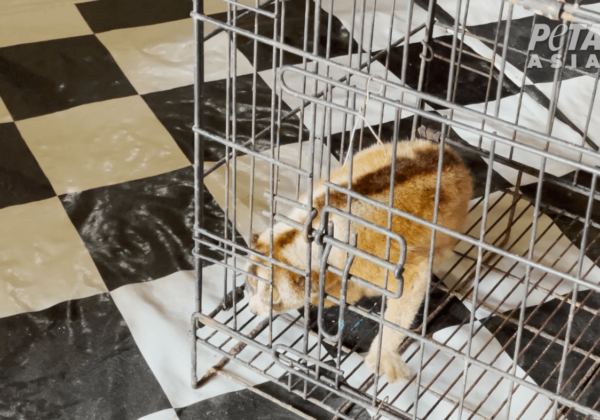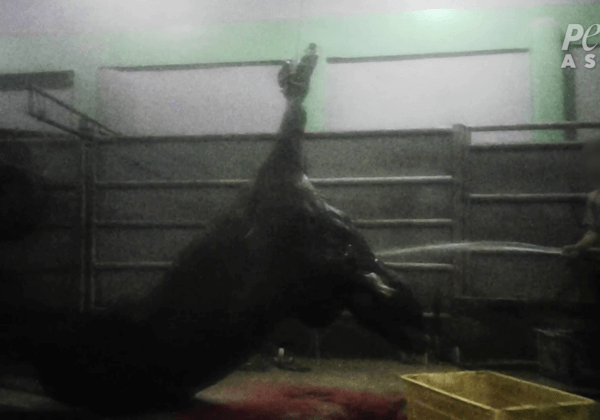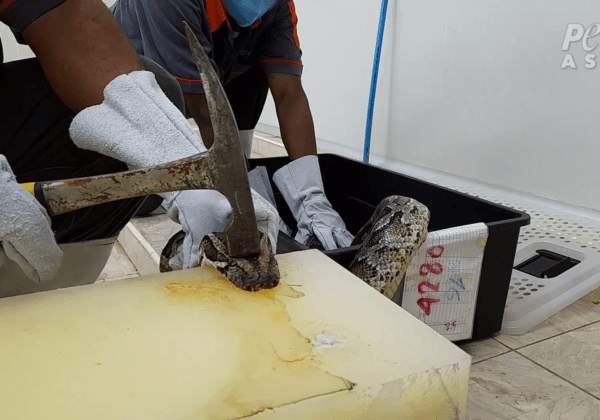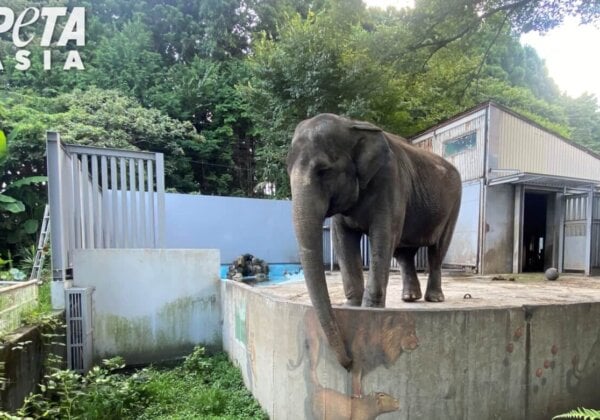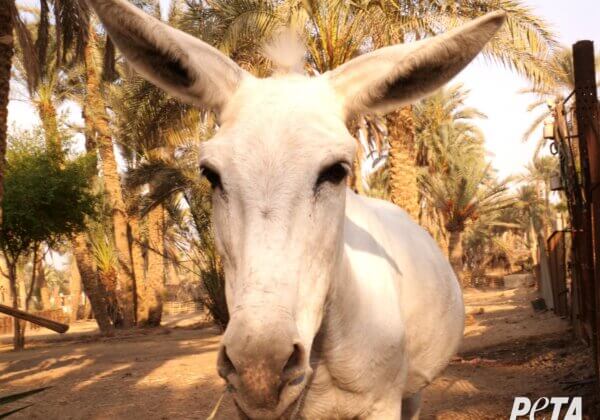Another Safari Park Death—This Time in Japan
Last month, a woman was killed by a tiger at Beijing Badaling Safari World. This week, at Gunma Safari Park in Japan, a woman was fatally attacked by a bear.
How many deaths have to occur before zoos get the message that animals don’t belong in captivity?
Japan safari park worker killed by bear who climbed into her carhttps://t.co/nB3ktnizPU pic.twitter.com/YExFfK6NAa
— TODAY (@TODAYonline) August 16, 2016
Kiyomi Saito, an employee at the safari park, was attacked and killed by a young black bear who had climbed into her car. Officials are still investigating how the bear entered the vehicle.
This isn’t the first time that tragedy has struck at the safari park. In 1997, a couple was killed by a Bengal tiger.
No animal can thrive in such an artificial and stressful environment. Zoos like Gunma Safari Park are profit-driven ventures that exist to make money, not protect animals.

In nature, bears are active for up to 18 hours a day in their home ranges of up to hundreds of miles. They forage for food, dig in the soft earth, choose a mate, raise their young, and roam vast territories.
It’s not surprising that bears and other wild animals can become aggressive and lash out after being denied these opportunities. Attacks by captive bears on people—which occur with staggering regularity—illustrate the profound levels of stress, anxiety, and agitation that these animals experience every day of their lives.
Gunma Safari Park and other zoos give people the false idea that animals are little more than cuddly props who can be confined and put on display for human entertainment. The deaths won’t stop as long as animals are held captive.
We at PETA send our condolences to the woman’s family and hope this incident will make zoos in Japan—as well as around the world—reconsider their continued confinement of all animals.
Share on Facebook Share on Twitter
